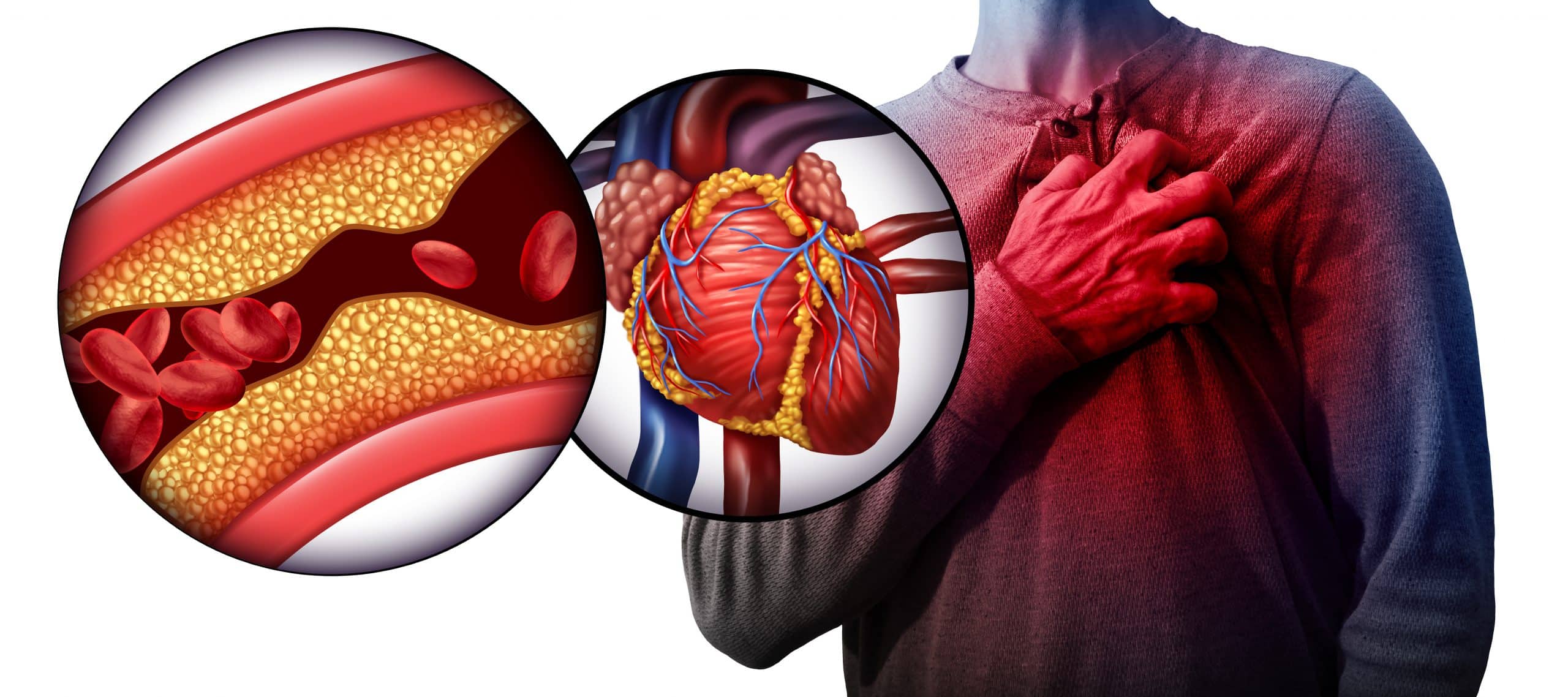07/18/2019
Are Vegetarians Less Likely to Develop Heart Disease?
Before we answer this question, let’s first ask another, more basic question: What exactly is a “vegetarian”? You might think the answer to this question is obvious, but not all vegetarians are not created equal. Most people would agree that there are seven types of vegetarians, and they all differ from each other in some respects.
What are the Different Types of Vegetarians?
- Vegans
Vegans consume no animal products or by-products. This means they consume no fish, fowl, or any type of meat. They also don’t consume any eggs or dairy. And when we say no animal products or by-products, that’s exactly what we mean. They typically don’t use honey, gelatin, beeswax, silk, wool, or leather either.
- Lacto-Vegetarians
These vegetarians don’t eat any meat, fish, eggs, or fowl. However, they do consume dairy products such as cheese and milk, which is where they get the name “lacto-vegetarian.”
- Ovo-Vegetarians
Just like lacto-vegetarians, these vegetarians don’t eat any meat, fish, or fowl. They are also the exact opposite as lacto-vegetarians because they eat eggs and no dairy products.
- Lacto-Ovo Vegetarians
Lacto-ovo vegetarians are the most common form of vegetarians because they do not consume any meat, fish, eggs, or fowl, but they do eat both eggs and dairy products.
- Pescatarians
Members of this group only eat fish and other seafood; they do not eat any land-based animals, meaning no red or white meat. These people are considered “semi-vegetarians.”
- Pollotarians
Pollotarians only eat poultry or fowl, so they, like pescetarians, are considered to be more semi-vegetarians. These people do not eat red meat, fish, or seafood.
- Flexetarians
These folks follow a mostly plant-based diet with an occasional meat item. They try to limit their meat consumption as much as possible, but needless to say, this is not considered a “true” vegetarian diet.
Are Vegetarians Less Likely to Develop Heart Disease?
There have been conflicting reports about the health benefits of vegetarian diets. Some studies claim meat and dairy are health hazards, while others attest that plant-based diets can do more harm than good. One study published in the American Journal of Clinical Nutrition, attempted to examine some of these contradicting claims. By analyzing data from different groups of vegetarians in California and Britain, researchers concluded that vegetarians seem to experience lower rates of coronary heart disease (CHD), hypertension, and diabetes, and also higher life expectancy rates.
Due to the lack of red meat in their diet, vegetarians have lower LDL cholesterol levels, which greatly influences CHD. Even though vegetarian diets are healthy and can decrease the risk for developing heart disease, the study also concluded that “different types of vegetarians may not experience the same effects on health.”

Some Plant-Based Diets are Healthier Than Others
Although many studies have supported the efficacies of vegetarian diets against heart disease, some diets are healthier than others. In fact, some plant-based diets are associated with a higher CHD risk. A study in the Journal of the American College of Cardiology analyzed three different groups of people over a 20-year period to determine the correlation between diet and CHD. The groups were based on the type of plant-based diet:
- Diets that maximized plant-based nutrients, but did not exclude animal-based nutrients
- Plant-based diets that maximized intake of healthy plant foods (fruits, veggies, whole-grains)
- Plant-based diets consisting mostly of unhealthy plant-derived foods (sweetened beverages, potatoes, sweets, and refined grains)
“When we examined the associations of the three food categories with heart disease risk, we found that healthy plant foods were associated with lower risk, whereas less healthy plant foods and animal foods were associated with higher risk [of heart disease],” says Dr. Ambika Satija.
Choose the Right Diet for Your Lifestyle
Just because you’ve cut red meat and sugar out of your diet doesn’t mean it’s a healthy diet. Simultaneously, only following a plant-based diet doesn’t guarantee a disease-free life. The best thing you can do is develop a diet and exercise routine that works for you.
However, try to stay away from processed foods that contain added sugar and sodium even if they are derived from plants, fruits, or nuts. The most heart-healthy diet is a diet that maximizes your intake of healthy fruits, veggies, and whole-grains. For more tips on preventing heart disease, visit our website or schedule an appointment with CVG online today.



